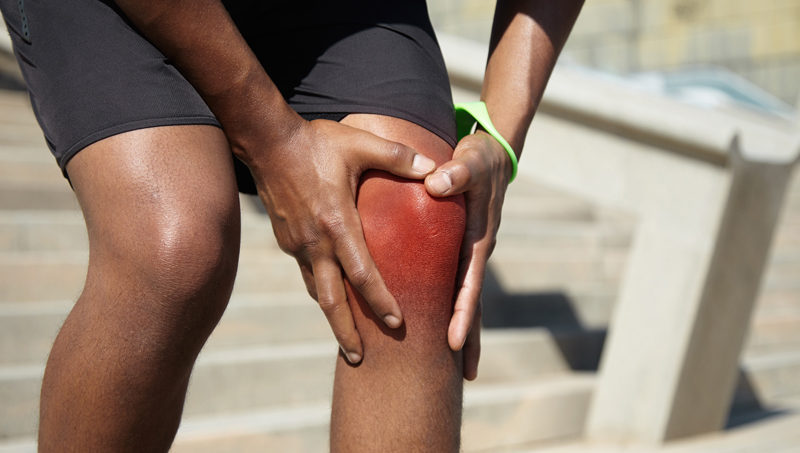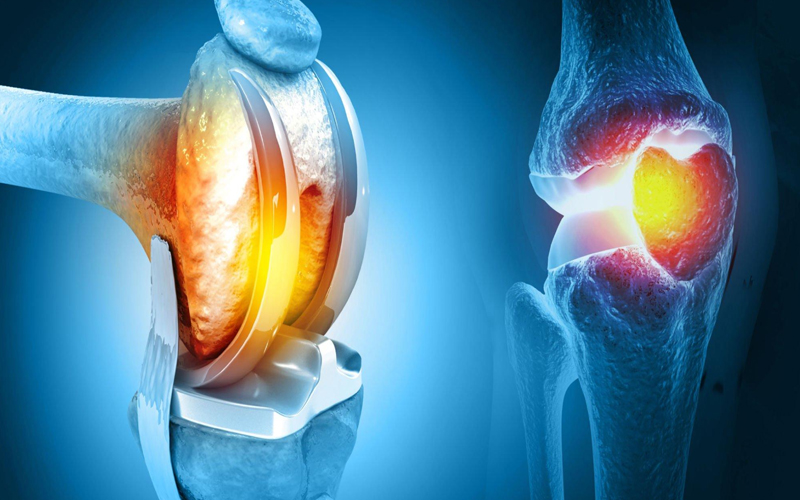
The most frequent type of arthritis in children is juvenile rheumatoid arthritis. It is a thickening of the joints accompanied by heat and pain. Arthritis can be acute, lasting only a few weeks or months before fading, or chronic, extending months, years, or entire lives. My Care India provides the best Juvenile rheumatoid arthritis treatment.
Juvenile rheumatoid arthritis symptoms
The early symptoms of juvenile rheumatoid arthritis can be mistaken for common pediatric illnesses and injuries. In other youngsters, the symptoms of arthritis may be fairly visible.

Symptoms may consist of the following:
- High fevers typically peak in the evening and then vanish
- Limping, in addition to a sore wrist, finger, or knee
- Rashes that emerge and fade rapidly in a few spots
- Neck, hip, or other joint soreness
- Joint soreness that worsens with rest
- Acute inflammation of the joints that persists. These joints may be reddish and heated.
Parents and teachers must recognize that the symptoms of juvenile rheumatoid arthritis vary from kid to kid, and even from day to day in the same kid.
Many rheumatologists (doctors who specialize in joint illnesses) believe that the more joints impacted, the more serious the condition and the less probable that the symptoms will resolve.
A juvenile rheumatoid hospital near me
If you type on Google to know about a juvenile rheumatoid hospital near me then you can get several hospitals. Hospitals like Manipal, and Medanta are the best hospitals in Delhi, India. Going more over it you can get the best Juvenile rheumatologist.
Signs of Juvenile rheumatoid Arthritis
You can get the symptoms and signs of rheumatoid Arthritis above. What causes a condition called rheumatoid arthritis among kids is unknown. It's an autoimmune disorder. White blood cells cannot distinguish between the body's good cells and hazardous intruders such as viruses or microbes in this type of sickness. The immune system produces substances that cause harm to healthy tissues, resulting in pain and inflammation. Signs of juvenile rheumatoid arthritis are that it often occurs between the ages of six months and sixteen years.
Juvenile rheumatoid Arthritis treatment
There is currently no cure for juvenile rheumatoid arthritis. The therapy aims are to reduce soreness and discomfort, delay or avoid joint injury, and reestablish regular joint use to encourage the child's greatest possible growth, exercise, and psychological and social integration. Juvenile rheumatoid arthritis is often managed with an assortment of:
- Medications
- Physical treatment. A physical treatment program tailored to the child's individual condition is created. It may encompass exercises that help to restore elasticity in stiff, aching joints, as well as aerobic and muscular activities.
- Exercise, etc is the Juvenile rheumatoid arthritis treatment.

